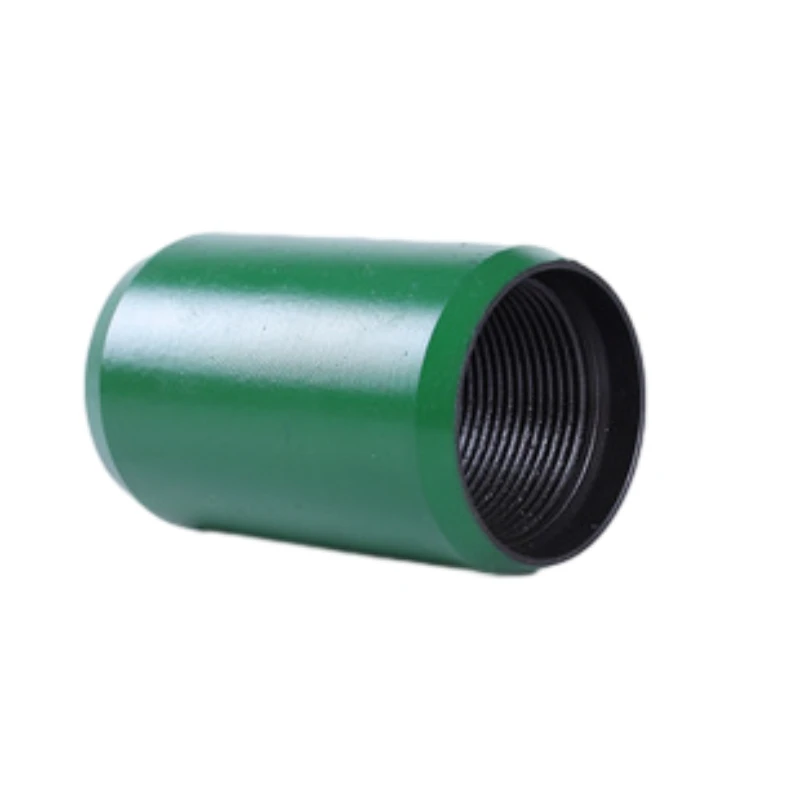- Afrikaans
- Albanian
- Amharic
- Arabic
- Armenian
- Azerbaijani
- Basque
- Belarusian
- Bengali
- Bosnian
- Bulgarian
- Catalan
- Cebuano
- Corsican
- Croatian
- Czech
- Danish
- Dutch
- English
- Esperanto
- Estonian
- Finnish
- French
- Frisian
- Galician
- Georgian
- German
- Greek
- Gujarati
- Haitian Creole
- hausa
- hawaiian
- Hebrew
- Hindi
- Miao
- Hungarian
- Icelandic
- igbo
- Indonesian
- irish
- Italian
- Japanese
- Javanese
- Kannada
- kazakh
- Khmer
- Rwandese
- Korean
- Kurdish
- Kyrgyz
- Lao
- Latin
- Latvian
- Lithuanian
- Luxembourgish
- Macedonian
- Malgashi
- Malay
- Malayalam
- Maltese
- Maori
- Marathi
- Mongolian
- Myanmar
- Nepali
- Norwegian
- Norwegian
- Occitan
- Pashto
- Persian
- Polish
- Portuguese
- Punjabi
- Romanian
- Russian
- Samoan
- Scottish Gaelic
- Serbian
- Sesotho
- Shona
- Sindhi
- Sinhala
- Slovak
- Slovenian
- Somali
- Spanish
- Sundanese
- Swahili
- Swedish
- Tagalog
- Tajik
- Tamil
- Tatar
- Telugu
- Thai
- Turkish
- Turkmen
- Ukrainian
- Urdu
- Uighur
- Uzbek
- Vietnamese
- Welsh
- Bantu
- Yiddish
- Yoruba
- Zulu
metric pipe couplings
Understanding Metric Pipe Couplings Types, Applications, and Benefits
Metric pipe couplings are essential components in various piping systems, providing the means to connect different sections of piping securely. These couplings are designed to facilitate the smooth flow of fluids and gases, making them crucial in many industrial, commercial, and residential applications. Understanding the different types of metric pipe couplings, their applications, and the benefits they offer can help you make informed decisions when selecting the right coupling for your specific needs.
Types of Metric Pipe Couplings
1. Threaded Couplings Threaded couplings feature internal threads that permit the connection of two threaded pipes. These couplings are straightforward to install and are often used in applications where pipes require frequent disconnection. The key advantage of threaded couplings is their ease of use, although they may not be suitable for high-pressure applications due to the potential for leaks.
2. Welded Couplings Welded couplings provide a permanent connection by welding two pipe ends together. This method is prevalent in high-pressure and high-temperature applications, such as oil and gas pipelines. Welded couplings offer excellent strength and durability, making them ideal for demanding environments where leaks could prove catastrophic.
3. Flanged Couplings Flanged couplings consist of two flanges that are bolted together to form a tight seal. This type of coupling is commonly used in applications where ease of access is important, as flanged connections can be easily disassembled. Flanged couplings are commonly used in water treatment facilities, chemical processing plants, and HVAC systems.
4. Compression Couplings Compression couplings do not require threaded or welded connections. Instead, they rely on a compression mechanism to secure the pipes together. This type of coupling is advantageous in applications that require frequent changes, as they can be easily installed and removed without special tools. Compression couplings are often used in plumbing and irrigation systems.
5. Plastic Couplings With the increasing use of plastic piping in various applications, plastic couplings have gained popularity. These couplings are lightweight, resistant to corrosion, and can handle a wide range of chemicals. They are commonly used in residential plumbing, landscaping, and chemical transfer applications.
metric pipe couplings

Applications of Metric Pipe Couplings
Metric pipe couplings are utilized across numerous industries, including
- Oil and Gas Couplings play a critical role in transporting oil and gas safely and efficiently, with welded couplings often used in high-pressure pipelines. - Water Supply Flanged and threaded couplings are frequently employed in water distribution systems, enabling easy access for maintenance. - Chemical Processing Plastic couplings are particularly prevalent in chemical processing due to their resistance to corrosive substances. - Construction In construction applications, various types of couplings are used to connect plumbing and HVAC systems, ensuring optimal performance.
Benefits of Using Metric Pipe Couplings
The benefits of utilizing metric pipe couplings are significant
1. Versatility With various coupling types available, there is one to suit nearly every application and material, including metals and plastics. 2. Easy Installation Most couplings are designed for quick and easy installation, allowing for efficient construction and maintenance processes. 3. Leak Prevention High-quality metric pipe couplings create secure connections that minimize the risk of leaks, enhancing safety and efficiency in fluid transport. 4. Durability Many couplings are designed to withstand harsh environmental conditions, ensuring long-lasting performance even in demanding situations.
Conclusion
Metric pipe couplings are a fundamental aspect of modern piping systems, offering a range of options to suit various applications. By understanding the types, applications, and benefits of these couplings, engineers and technicians can make informed decisions that enhance system performance and reliability. Whether in oil and gas, water supply, or chemical processing, selecting the right metric pipe coupling can significantly impact the overall efficiency of a piping system.
-
Tubing Pup Joints: Essential Components for Oil and Gas OperationsNewsJul.10,2025
-
Pup Joints: Essential Components for Reliable Drilling OperationsNewsJul.10,2025
-
Pipe Couplings: Connecting Your World EfficientlyNewsJul.10,2025
-
Mastering Oilfield Operations with Quality Tubing and CasingNewsJul.10,2025
-
High-Quality Casing Couplings for Every NeedNewsJul.10,2025
-
Boost Your Drilling Efficiency with Premium Crossover Tools & Seating NipplesNewsJul.10,2025







